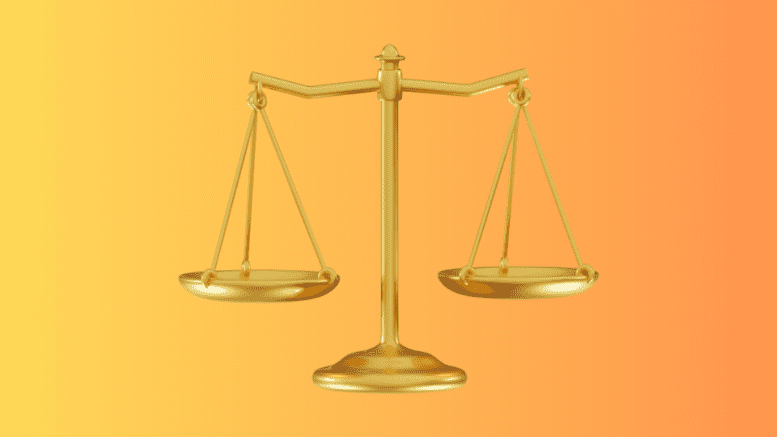by Jay Bookman, Georgia Recorder [This article first appeared in the Georgia Recorder, republished with permission]
January 25, 2024
This is a recipe for chaos:
Take the most important legal case in our state’s history, “Donald J. Trump v. State of Georgia,” with stakes so high that the outcome could alter the course of our republic. Toss that into a mixing bowl, then add “Nathan Wade v. Jocelyn Wade,” a case of a very different sort, a case about a marriage gone bad, a case deeply personal and ugly, with stakes that ought to be important only to those involved. Mix thoroughly, and what you have is an unappetizing mess.
In many ways, though, the two cases are not as different as they may appear.
Both are stories of vows taken and vows broken, of boundaries crossed, trust shattered. They feature lies, false justifications and deceptions, played out in furtive hotel meetings and phone calls. They ask the justice system to set the price that those who betrayed must pay to those they betrayed, and in each case all the worst aspects of human nature are on display.
And at the center of both cases, we find Fani Willis, district attorney for Fulton County, playing very different and conflicting roles. It is a predicament largely of her own making, because she broke some basic rules:
You don’t put your lover on the public payroll.
You don’t have a romantic relationship with a subordinate.
You don’t raise racism as a false sword against legitimate criticism, because by doing so you blunt that sword when it will be needed later, for genuine cause.
These aren’t complex issues; these are the standards that leaders are expected to live by, and Willis knows it. She tells us that in a resurfaced video clip taken from her 2020 campaign for district attorney.
“I certainly will not be choosing to date people who work under me, let me just say that,” she says in the clip. She goes on to say that it’s a problem if “you chose to have inappropriate contact with an employee…. It is distracting and it is certainly inappropriate for the number one law enforcement official in the state.”
Willis was right then, and wrong now.
In a strictly legal sense, though, it’s hard to see what this changes in the Trump case. The facts of the case against the ex-president and his co-defendants remain the same; the law remains the same as well. The mistakes made by Willis outside the courtroom do not wipe away those of Trump; two wrongs don’t make either side right.
It’s also hard to see a judge order Willis’ removal from the case; the allegations that she has pursued the case against Trump for personal financial gain are far too abstract and flimsy to require that step.
However, if her legal authority remains solid, her moral authority does not. You don’t find that authority codified in a law book; yet once lost, no judge can restore it. In the role of district attorney, Willis speaks for the people, and unfortunately that voice is seriously compromised. For that reason alone, a credible replacement is probably necessary, if possible.
Those trying to defend Willis suggest that the allegations raised against her are the product of a right-wing smear campaign, and they probably have a point. But that doesn’t mean the allegations aren’t true, and at this point, complaining about it is like complaining about the sun rising. You know it’s going to happen. When you take on a target such as Trump and those surrounding him, you have to know that you become a target yourself, and you armor yourself accordingly.
It is a gross misjudgment to leave yourself so open to an attack on your credibility. In a courtroom as in politics, success requires that you anticipate and prepare for what your opponent will throw at you. It’s frustrating that didn’t happen here.
Georgia Recorder is part of States Newsroom, a network of news bureaus supported by grants and a coalition of donors as a 501c(3) public charity. Georgia Recorder maintains editorial independence. Contact Editor John McCosh for questions: info@georgiarecorder.com. Follow Georgia Recorder on Facebook and Twitter.
